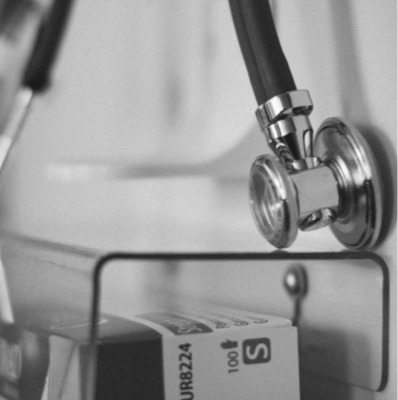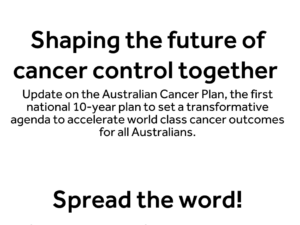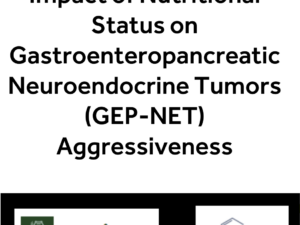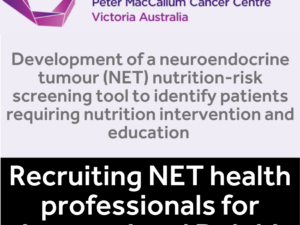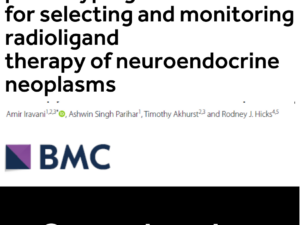14th Annual ENETs Conference for the Diagnosis and Treatment of Neuroendocrine Tumor Disease
Over 1500 delegates from around Europe and the world attended this year's annual ENETs conference in Barcelona Spain, to hear about the latest research, treatment options and guidelines in the ongoing care of NET cancer patients.
The conference this year was attended by CEO Simone Leyden, Chair Dr John Leyden and Treasurer Paul Stephenson (as a patient representative), and some of the highlights included the full day ENETs Postgraduate course at the start of the meeting. Topics included:
– Pathology overview & new advances to aid therapy
– Chromogranin A is dead – Long live the new biomarkers!
– Lively debate on the role of Interferon in NETs
– Overview of medical management of Pancreatic NETs and ENETs guidelines
Among the robust topics on Thursday 9th March, our friend and Research Advisory Panel member Prof Kjell Oberg was awarded the lifetime achievement award. We could not think of a more deserving person, who has dedicated most of his career to the treatment of NETs. His achievements are many, Prof Öberg was one of the founders and coordinator of the European Neuroendocrine Tumor Network (ENET) 1995-2000 and was past chairman of the Nordic Neuroendocrine Tumour Group. He has pioneered the treatment of carcinoid tumor patients with interferon and somatostatin analogues and developed assays for tumor markers such as Chromogranin A and radiological procedures including specialized PET scans. In 1988 he was the first to describe a genetic deletion in multiple endocrine neoplasia Type 1 (MEN1). Prof Oberg is a humble, intelligent and compassionate clinician and researcher and we are grateful to his many years of service and look forward to continuing to work with him.
This year, for the first time INCA (International Neuroendocrine Cancer Alliance) and ENETs held a joint symposium,
Unmet Needs in NET Care and Research: Priorities for Actions. Over the previous months, data was collected from three online surveys (patient leader, patient and family, healthcare professionals) with over 400 respondents in total from 25 countries. Interviews of 40 to 90 minutes were also conducted with 8 medical leaders and 6 patient leaders to provide information for the Whitepaper. Included also were representatives from key international medical societies ENETS, NANETS (North American Neuroendocrine Tumor Society) and CommNETS (Commonwealth Neuroendocrine Tumor Society) who kindly contributed their time and expertise. Special thanks to Prof Rod Hicks for sitting on the panel at this joint session.
The results of the survey and whitepaper from the patient perspective were presented to close to 200 people by UF's Simone Leyden, with Prof Bertram Wiedenmann of Germany (UF Research Advisory Panel member) presenting on the unmet needs from the physcians' perspective. Some of the key insights can be seen in the below slide.
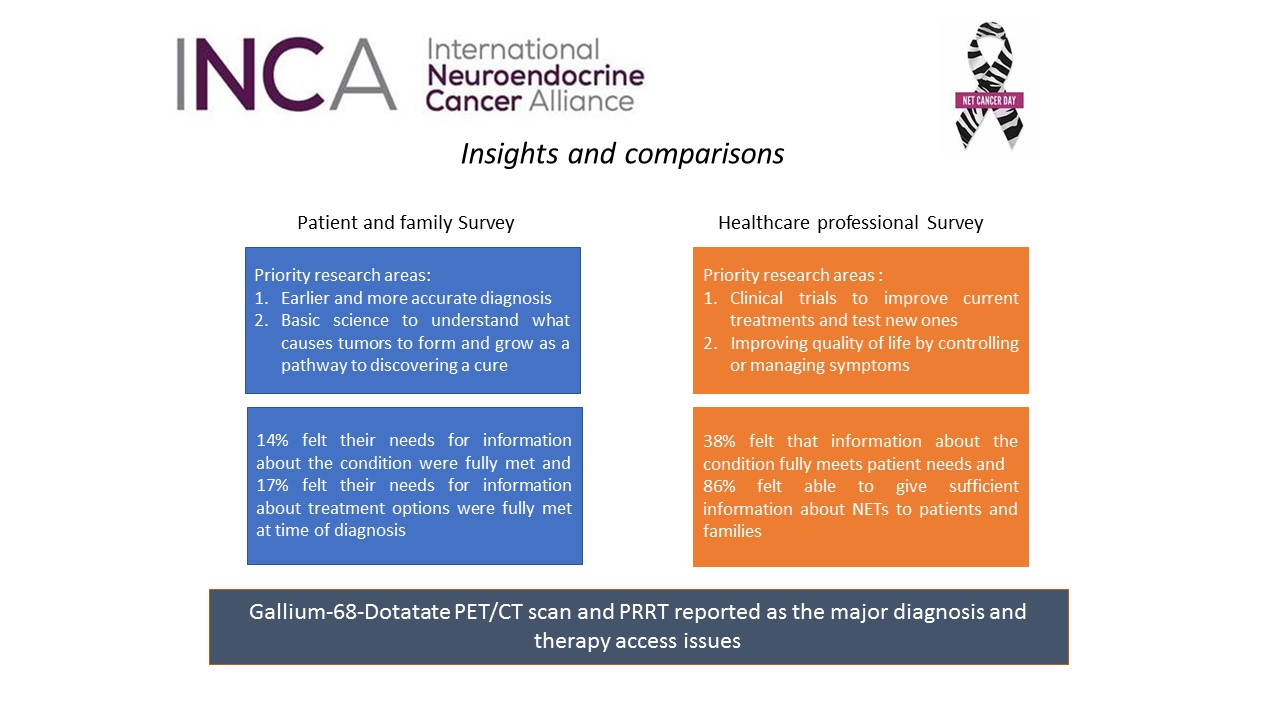
One of the most debated insights was the dissemination and relevance of information on NETs and treatments to patients at diagnosis and throughout the journey. This is one of the areas that it was agreed to collaborate to improve, looking at best practice from other cancer groups and creating our own. Research priorities are also an area that patients and physicians need to address to meet expectations on both sides. Special thanks to the expert panel including UF board member Prof Rod Hicks.
We look forward to continuing to contribute to the whitepaper that will be released in the European Spring of 2017. We also would like to thank the NET Research Foundation for their grant to conduct these activities as well as the current ENETs Chairman, Prof Massimo Falconi for his incredible support of the symposium and the ENETs organising committee.
At the end of the conference INCA held their annual patient summit, continuing the theme with experts on collaboration in research. We heard from an expert panel with representatives; Prof Dermot O'Toole (ENETs), Dr David Metz (NANETs), Georg Fisher (NANETs) and Eva Segalov (COMMNETs) about the opportunities and barriers to patient involvement. Special thanks to Prof Eva Segalov for making herself available for the panel.
The 20 member patient groups each had the opportunity to present key activities from the last year and we also workshopped projects that we will be working on over the next year. Good news is that the "Let's Talk About NETs" campaign was a great success across the globe and we look forward to making it bigger and better in 2017.
To see research highlights of the meeting as reported by Dr John Leyden see below:
https://neuroendocrine.org.au/wp-content/uploads/2020/03/Updates-from-ENETS-2017.pdf
For the full program of the 14th annual ENETs conference please click below and to see the webcasts of the meeting click here
https://neuroendocrine.org.au/wp-content/uploads/2020/03/14th_Annual_ENETS_Program_2017.pdf




